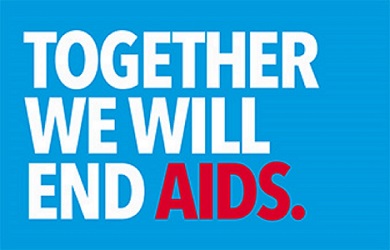Safe, Clean and available water
In Uganda people lack access to drinking and safe water, 2.3 billion do not have access to latrines or other basic sanitation facilities. Contaminated water and poor sanitation are among the leading causes of death for children under 5
Safe and available water is important for public health, whether it is used for drinking, domestic use, food production or recreational purposes. Improved water supply and sanitation, and better management of water resources, can boost countries’ economic growth and can contribute greatly to poverty reduction.
Contaminated water and poor sanitation are linked to transmission of diseases such as cholera, diarrhoea, dysentery, hepatitis A, typhoid and polio. Absent, inadequate, or inappropriately managed water and sanitation services expose individuals to preventable health risks. This is particularly the case in health care facilities where both patients and staff are placed at additional risk of infection and disease when water, sanitation and hygiene services are lacking. Globally, 15% of patients develop an infection during a hospital stay, with the proportion much greater in low-income countries.
Sustainable Development Goal target 6.1 calls for universal and equitable access to safe and affordable drinking water. The target is tracked with the indicator of “safely managed drinking water services” – drinking water from an improved water source that is located on premises, available when needed, and free from faecal and priority chemical contamination.
Water is one of the four elements of prayer, ablution (wudlu) is mandatory for Muslims that is repeated several times a day (mandatory prayer is five times daily). Ablution is performed by the washing of hand palms, face, inner mouth, nose blow, arms until the elbow, part of the forehead, outer ears, and feet. The amount of water that was used by Muhammad SAW for the performance of ablution is one full palm of every act . So, saving water and developing water resources become a part of the sustainable efforts in Islam. Activities that demand water in the Mosque include ablution, irrigation, showers, kitchen and toilet services, and cleaning
Multi Activist for Women and Youth Development Agency is calling up all partners and individual to join hands and we solve the water problem in our communities.




